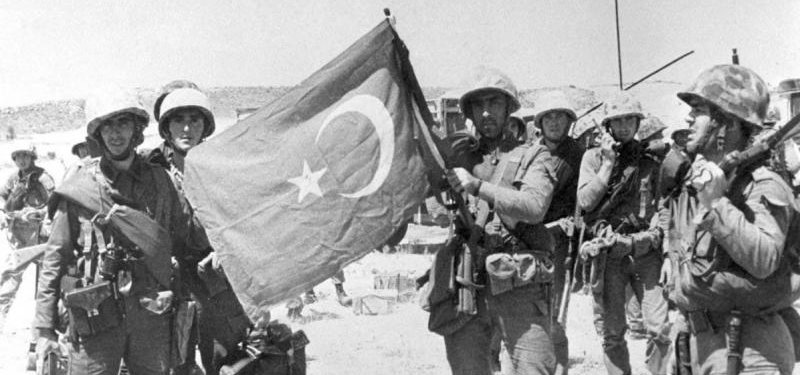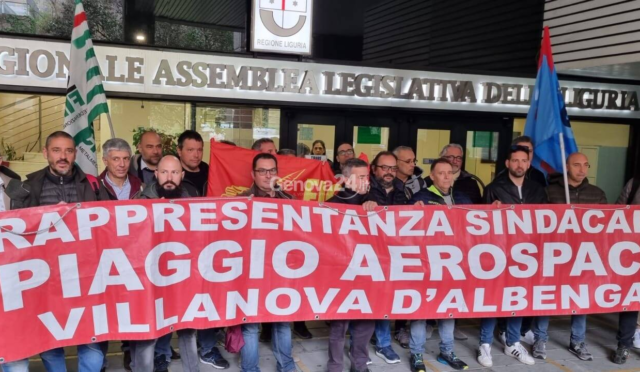July 20, 2025 – Turkish Cypriots are commemorating the 51st anniversary of their liberation from ethnic violence with a deep sense of pride and remembrance. Known as the “Peace and Freedom Day,” July 20 marks the beginning of Türkiye’s 1974 Peace Operation in Cyprus — a pivotal intervention that prevented the complete eradication of the Turkish population on the island.
The historical trajectory leading to this day is one of colonial shifts, ethnic strife, and geopolitical maneuvering, ultimately culminating in the establishment of the Turkish Republic of Northern Cyprus (TRNC) in 1983.
A Legacy of Struggle and Sovereignty

Cyprus, geographically an extension of Asia yet historically a gateway between East and West, has long been at the crossroads of empires. Known as the “Green Island” and once labeled a “pirate haven” due to its strategic position, Cyprus was conquered by the Ottoman Empire in 1571 from the Republic of Venice. The Ottoman administration brought stability and economic prosperity to the island, allowing Christian inhabitants religious freedoms, including the reinstatement of the Orthodox archbishopric.
Under Ottoman rule, Cyprus evolved into a bustling commercial hub. However, the shifting tides of empire in the late 19th century altered the island’s fate. In 1878, during the Russo-Turkish War, Britain offered military assistance to the Ottoman Empire in exchange for administrative control over Cyprus. The Ottoman Empire leased the island to Britain, and in 1914 — upon entering World War I on the side of Germany — the island was formally annexed by the United Kingdom.
The Seeds of Division
The Treaty of Lausanne in 1923 recognized British sovereignty over Cyprus. Despite this, Turkish Muslims formed a demographic majority in many parts of the island. Britain declared Cyprus a Crown colony in 1925. For several decades, Greek and Turkish Cypriots coexisted under British rule, although tensions simmered beneath the surface.

By the 1950s, Greek Cypriot nationalists, inspired by the enosis movement (union with Greece), began agitating for full unification with Greece. Led by Greek Cypriot officer George Grivas and his armed EOKA movement, the campaign turned increasingly violent. The movement targeted both British forces and Turkish civilians, prompting the Turkish Cypriot community to organize its own defense under the Turkish Resistance Organization (TMT) in 1958.
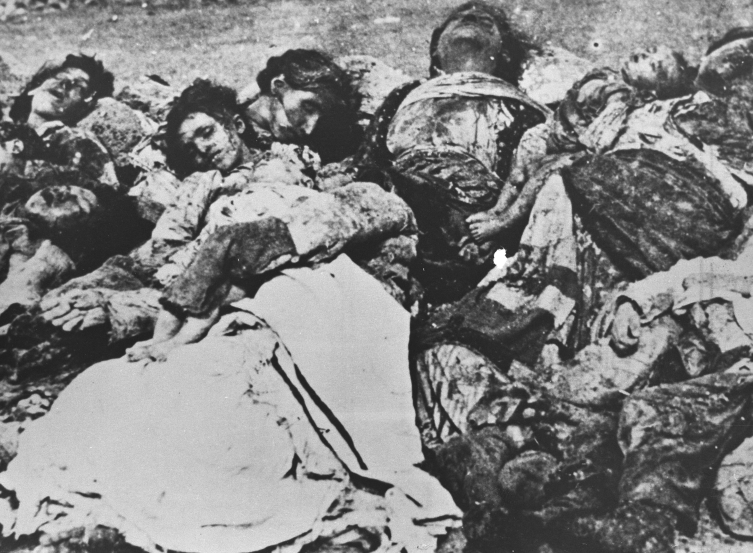
In an attempt to stabilize the island, the United Kingdom, Greece, and Türkiye signed the Zurich and London Agreements in 1960, leading to the establishment of the Republic of Cyprus. The constitution enshrined a power-sharing arrangement: a Greek Cypriot president and a Turkish Cypriot vice president, with substantial veto powers. Archbishop Makarios III became the first President, while Dr. Fazıl Küçük became Vice President.

However, cooperation was short-lived. The Greek Cypriot leadership, including elements of the Orthodox Church, viewed the republic as a stepping stone to enosis. Violence erupted in 1963 with the outbreak of what came to be known as “Bloody Christmas” (Kanlı Noel). Turkish villages were attacked, hundreds were killed or displaced, and the Turkish Cypriot community was forced into enclaves.
Türkiye Intervenes
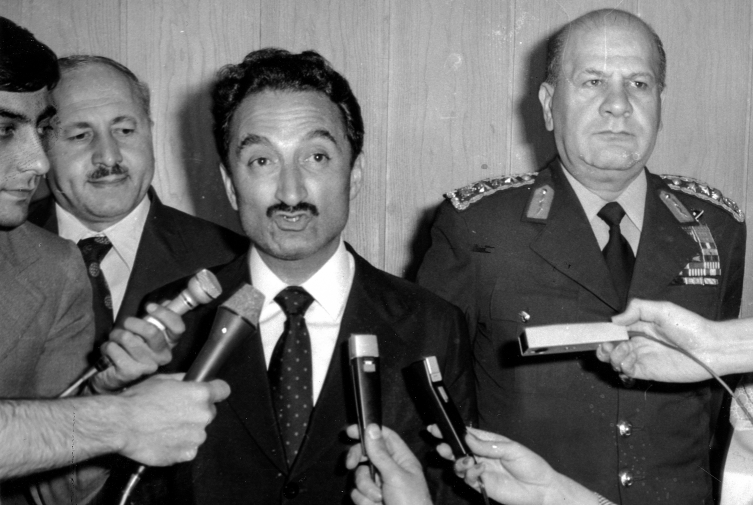
Despite Türkiye’s status as a guarantor power under the 1960 agreements, early attempts to intervene were blocked by international pressure, particularly from NATO allies. Yet the violence continued, escalating into what many described as an ethnic cleansing campaign.
The final trigger came in July 1974, when a military coup backed by the Greek junta ousted President Makarios and installed a hardline enosis supporter, Nikos Sampson. The move made the annexation of Cyprus by Greece all but inevitable.
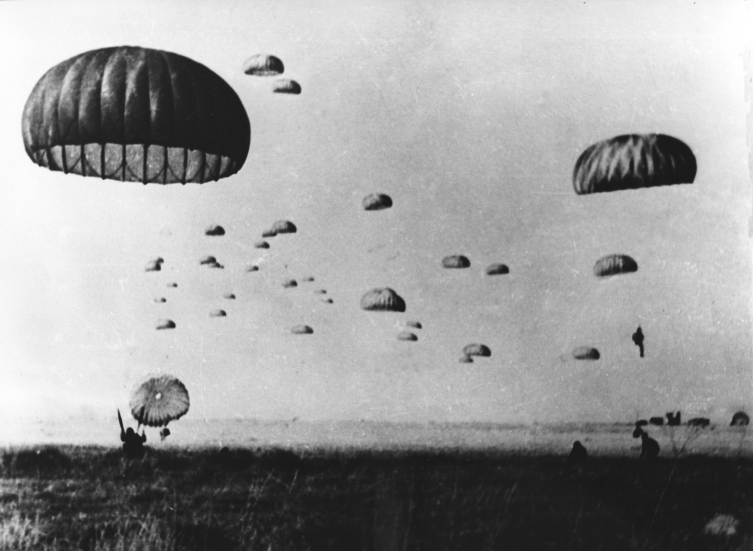
In response, Türkiye launched a military intervention on July 20, 1974, under the codename “Operation Peace” (Barış Harekatı), with the now-famous operational phrase: “Ayşe is on holiday.” The operation aimed to protect Turkish Cypriots and restore constitutional order, in accordance with Türkiye’s rights as a guarantor state.
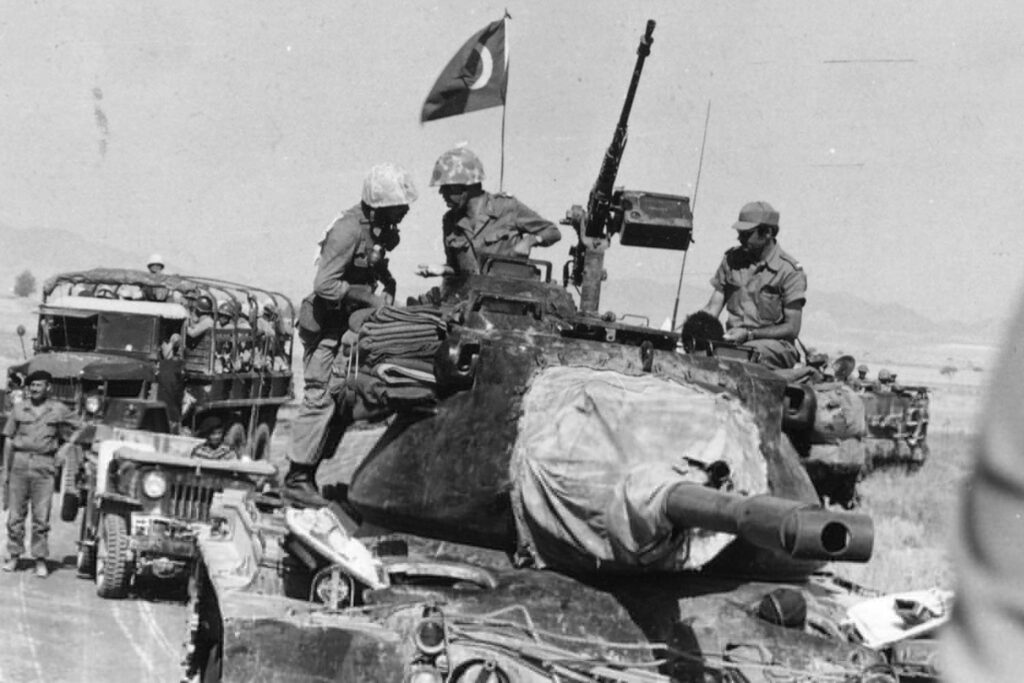
Within days, Turkish forces secured a corridor from Kyrenia to Nicosia, ensuring the survival of the Turkish population in the north. A second phase of the operation in August expanded the Turkish-controlled zone to roughly 37% of the island.
The Birth of the TRNC

Following the intervention, Turkish Cypriots established the Autonomous Turkish Cypriot Administration in 1974, which evolved into the Turkish Federated State of Cyprus (KTFD) in 1975. Under the leadership of Rauf Denktaş, the TRNC formally declared independence on November 15, 1983. Although the state remains recognized only by Türkiye, it functions with its own parliament, flag, government, and armed forces.
Continued Isolation Amid Ongoing Struggles
Despite 51 years of self-rule, the TRNC remains under heavy international embargoes. Turkish Cypriots face economic and diplomatic isolation due to the lack of formal recognition. The Greek Cypriot administration, internationally recognized as the sole government of Cyprus, joined the European Union in 2004, effectively bringing the island — at least on paper — into the EU fold.
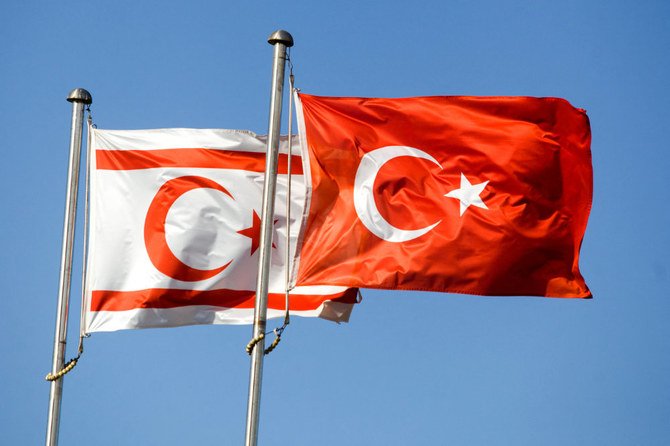
This membership has enabled the Greek Cypriot government to import population from Greece under the guise of free movement, altering the demographic balance of the island. Meanwhile, Turkish Cypriots remain barred from direct trade, international sports competitions, and air traffic agreements.
Nonetheless, the Turkish Cypriot people continue to mark July 20 as a day of survival and sovereignty. Across the TRNC, ceremonies were held today to honor the sacrifices of the past and reaffirm the determination to secure a just and lasting peace.
President Ersin Tatar, speaking at the official state ceremony in Lefkoşa (Nicosia), emphasized the importance of Türkiye’s support and vowed that the Turkish Cypriot people would never accept a return to pre-1974 conditions.
“This day is not only the anniversary of our liberation but also a reminder of what we overcame. We owe our freedom to the courage of our people and the unwavering support of Türkiye,” he said.
As Turkish Cypriots look ahead, they continue to press for international recognition, fair treatment on global platforms, and an end to the unjust embargoes that have stunted their development for decades. Until then, the 20th of July stands as a symbol of their resilience — a hard-won peace forged in the fire of history.
